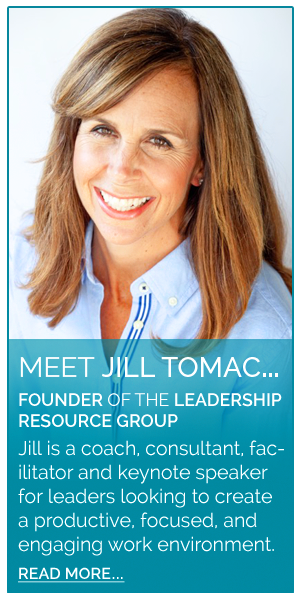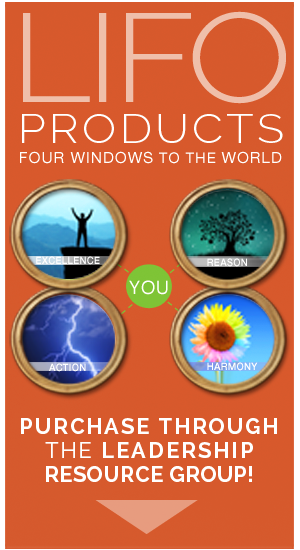When we lead from a place of self-acceptance, honesty, and trust, we inspire others to do the same.
As we free ourselves from self-doubt and actions which sabotage our success, we then become open to the many possibilities that exist all around us. Don Miguel Ruiz, M.D., author of The Four Agreements, discusses the source of self-limiting beliefs and behaviors that prevent us from reaching our potential and achieving our goals. In his book, Ruiz shares a powerful code of conduct referred to as “The Four Agreements”.
Using Ruiz’s Four Agreements, you can have a significant impact your own personal leadership.
Agreement One: Be Impeccable With Your Word
“Speak with integrity. Say only what you mean. Avoid using words to speak against yourself or to gossip about others.” ~ don Miguel Ruiz
Although this seems like a simple agreement, for many, this is the hardest one with which to adhere. With our words we express opinions, ideas, and concepts. We can create beautiful realities … or poison those around us by just the words we choose. When leaders speak negatively or misuse their word to gain support, it has tremendous negative impact on the health of the organization. The result is a toxic culture of mistrust, defensiveness, and fear. Alternatively, when leaders are impeccable with their word, they create a safe and trusting environment. Why does this matter? Simply because employees spend less time worrying about backstabbing, gossiping, and coercion, and are able to focus on what really matters.
Agreement Two: Don’t Take Anything Personally
“As you make a habit of not taking anything personally, you won’t need to place your trust in what others do or say. You will only need to trust yourself to make responsible choices.” ~ don Miguel Ruiz
As a leader, this agreement allows you to make sound business decisions and communicate in an objective manner. When faced with a challenging conversation, it can be difficult to remain objective — to separate yourself from the other person’s issue. For example, as an employee defends his/her behavior or lashes out, it is critical that the leader remains focused and clear so that they are able to resolve the performance issue. Effective leaders recognize that an employee’s frustration is the result of their own fears, insecurities, and issues. Remaining calm, grounded, and compassionate regardless of the other person’s words allows the conversation to remain productive.
“When you take things personally, then you feel offended, and your reaction is to defend your beliefs and create conflicts. You make something big out of something so little, because you have the need to be right and make everybody else wrong.”~ don Miguel Ruiz
Acknowledging that everyone, including yourself, has belief systems which ultimately impacts opinions and decisions – will make you a more powerful leader. Rather than defending your position or trying to prove another wrong, you will inspire creativity by asking questions to better understand their ideas and perspectives. Effective leaders realize that it’s just not personal!
Agreement Three: Don’t Make Assumptions
“Communicate with others as clearly as you can to avoid misunderstandings, sadness, and drama.” ~ don Miguel Ruiz
As a leader, assumptions can damage both the relationship as well as hinder the decision-making process. When assumptions are believed to be the truth – as they often are – they become the cause of unnecessary blame, misunderstanding, and inappropriate decisions. Effective leaders ask thoughtful, probing questions and then listen with great curiosity to clarify the situation. Using artful questions, the truth can be revealed and underlying issues addressed. As leaders remove themselves from their own position, it becomes much easier to see clearly.
Agreement Four: Always Do Your Best
Your best is going to change from moment to moment… Under any circumstances, simply do your best and you will avoid self-judgement, self-abuse, and regret.” ~don Miguel Ruiz
This fourth agreement is the foundation for the other three to become deeply ingrained habits. As you continue to do your best in all situations you will find that it is just a matter of time until you attain your goals. While your best may change over time and through various circumstances, as long as you continue to maintain the focus to put forth your best – you will achieve success.
As a leader when you strive for your best and take action accordingly, you will find greater joy and fulfillment than when you take action based on an expected reward. And as you model this way of being, you just may find that others are inspired to do the same.
On more than one occasion, I have worked with leaders who hold themselves to exceedingly high standards, often judging themselves and their results as not good enough. This of course carries over to expectations of others, creating a great deal of disappointment and frustration. When leaders measure performance (including their own) based on doing the best at any given moment, they not only become free from disappointment and blame, but also achieve their goals in a much more graceful manner.
As you incorporate these Four Agreements into your leadership practice, you not only build trust and inspire collaboration but you will ultimately bring out the best in yourself and others.




